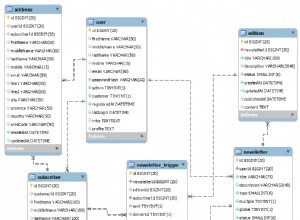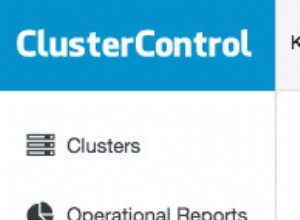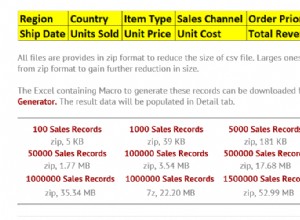Cenário:
Você está trabalhando como SQL Server Developer. Você tem uma tabela dbo.Customer que tem CountryShortName e SaleAmount. Você é solicitado a escrever uma consulta que deve retornar Sum of SaleAmount , contagem de registros por CountryShortName.
Solução:
A cláusula Group by é frequentemente usada com funções agregadas como Sum, Avg,Count,Max,Min para agrupar o resultado definido por coluna/s.Vamos criar nossa tabela de amostra com alguns dados e escrever nossa consulta com Group by to responda nossa pergunta.
Create table dbo.Customer (Id int, FName VARCHAR(50), LName VARCHAR(50), CountryShortName CHAR(2), SaleAmount Int) GO --Insert Rows in dbo.Customer Table insert into dbo.Customer Values ( 1,'Raza','M','PK',10), (2,'Rita','John','US',12), (3,'Sukhi','Singh',Null,25), (4,'James','Smith','CA',60), (5,'Robert','Ladson','US',54), (6,'Alice','John','US',87), (6,'John',Null,'US',Null)
Vamos escrever nossa consulta usando Sum, Count e Group by Clause
SELECT Sum(saleamount) AS TotalSaleByCountry,
Count(*) AS RecordCountByCountry,
countryshortname
FROM dbo.customer
GROUP BY countryshortname  Como usar Group by Clause no SQL Server
Como usar Group by Clause no SQL ServerVocê também pode usar várias colunas na cláusula group by. pense se nossa tabela teria estados e você gostaria de agrupar por CountryShortName e State, você simplesmente incluiria State na consulta, conforme mostrado abaixo.
SELECT Sum(saleamount) AS TotalSaleByCountry,
Count(*) AS RecordCountByCountry,
countryshortname, [State] FROM dbo.customer GROUP BY countryshortname,[State]
Video Demo: What is Group by Clause in SQL Server




